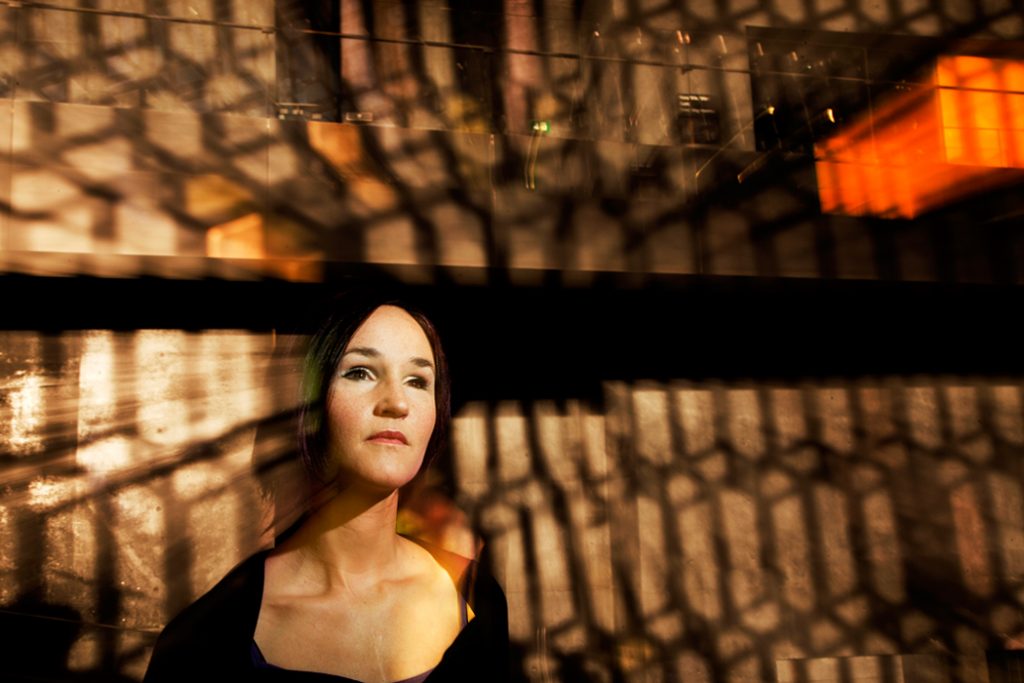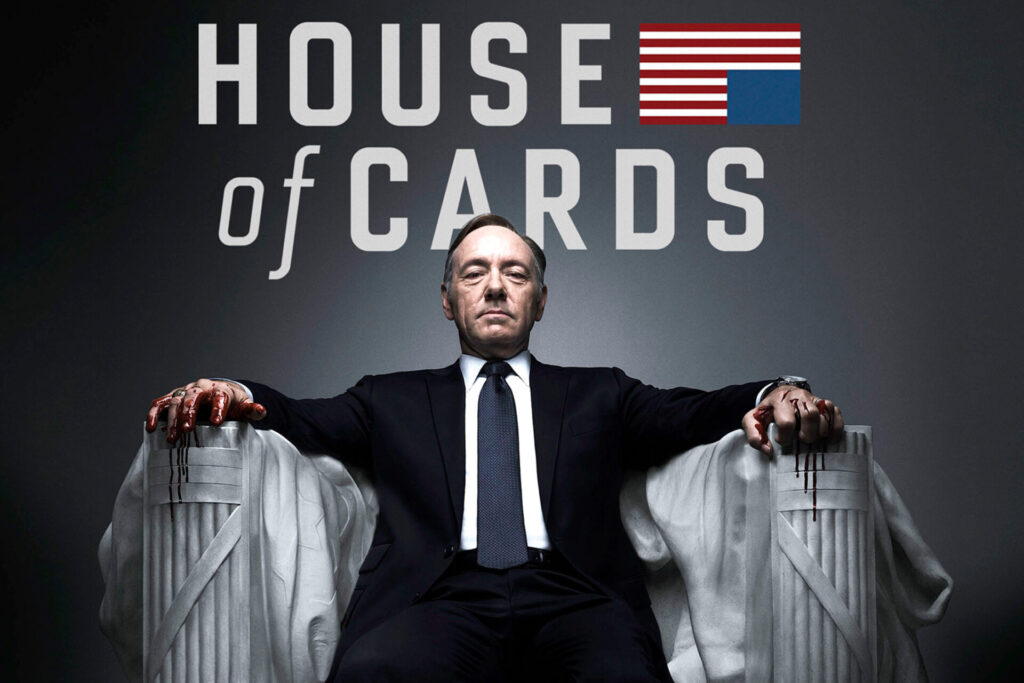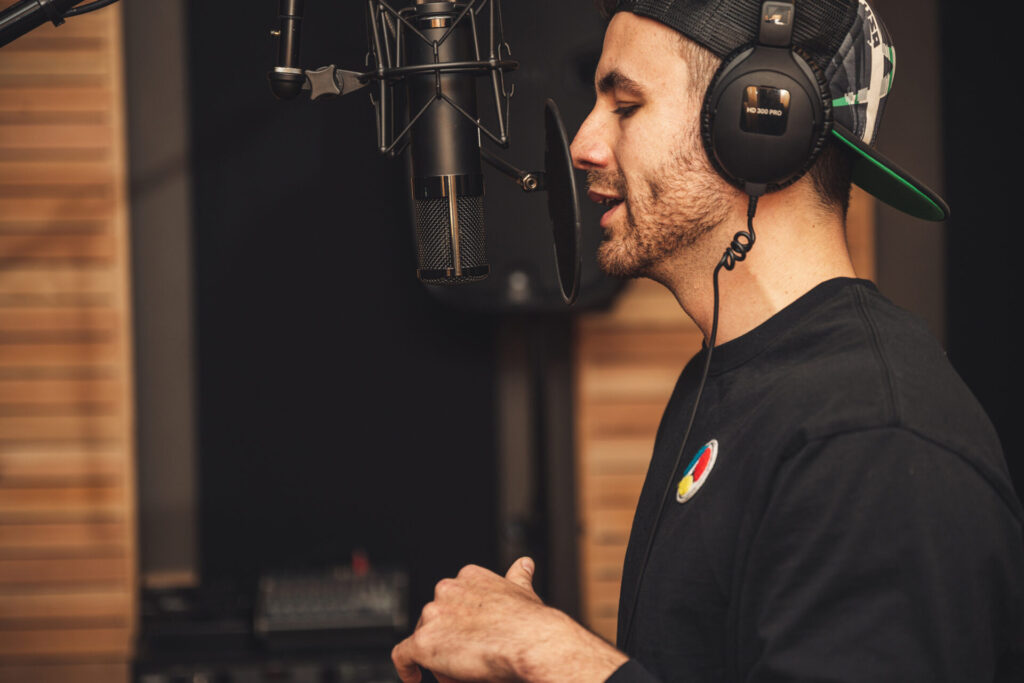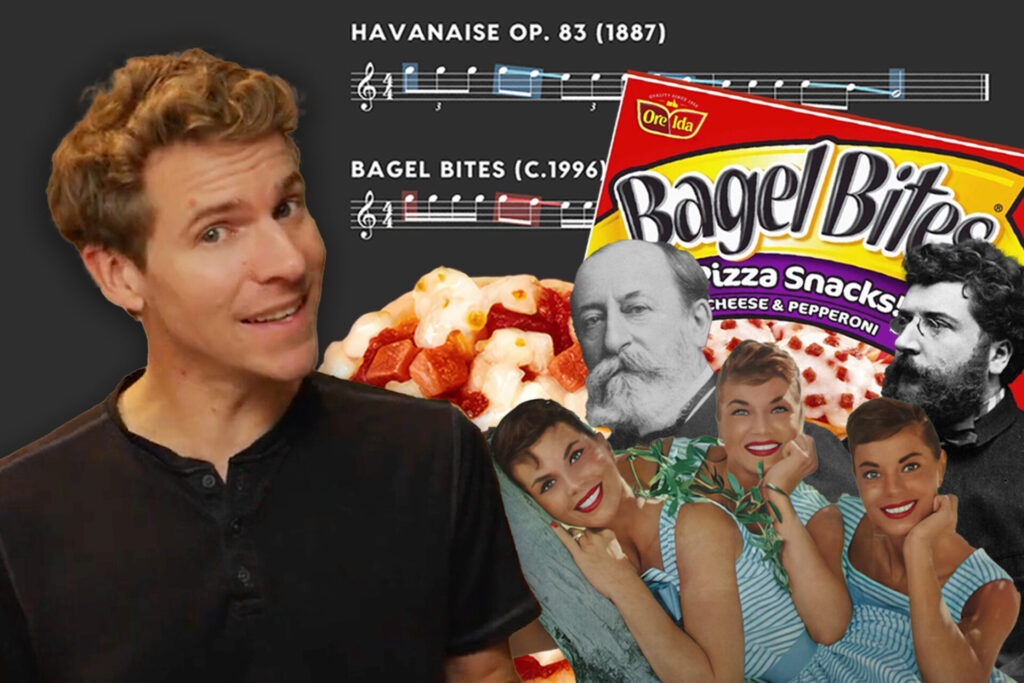+ Soundfly’s Intro to Scoring for Film & TV is a full-throttle plunge into the compositional practices and techniques used throughout the industry, and your guide for breaking into it. Preview for free today!
These modern composers need no introduction. Their names are likely already on your favorite Spotify playlists, and rolling down with the credits of your favorite films and television shows. Their work and continued efforts to build the community of new composers and new audiences have come to define the new horizons of the first almost twenty years of this century’s wealth of concert music.
But we’re compiling them all on one list because, well, more than just their accolades link these composers together. Check it out.
Meredith Monk
Meredith Jane Monk is a world-renowned composer, singer, choreographer, filmmaker, artist, and writer. An absolute powerhouse of contemporary art and music alike, she’s been making waves as a composer and performer for over 50 years! Now 76 years old and showing no signs of slowing, Monk continues to be a leading force in extended vocal practices and techniques, and avant-garde performance practices. Her 21st century works have been published by ECM and Tzadik, and a few years back, she was a composer-in-residence at Carnegie Hall. Much is owed to her history of fearless experimentation and her forward-thinking eye toward the body and its sound-making capabilities.
Caroline Shaw
Here’s a spring chicken by comparison, but with a maturity to her practice that’s mind-blowing and brilliant. Born in 1982, Caroline Shaw is an American Pulitzer Prize winning composer, singer, and violinist. Etching her name into the annals of history forever in 2013 with her work Partita for 8 Voices, this ground-breaking piece explores some incredible vocal techniques including Inuit-inspired throat singing, or “hocketing,” and the American folk hymn “Shining Shore.” Composed and performed by Roomful of Teeth, this incredible group including Shaw is described by NPR as “gleefully dismantling the traditional definition of ensemble singing right before our ears!”
With much success in recent years, Shaw too shows no sign of resting on her laurels and continues to create groundbreaking work commissioned all over the world. Watch this space!
Kaija Saariaho
Kaija Saariaho does not mess around. She creates powerful concert music and opera which often combines acoustic instrumentation and electronics to express her textural, spectral inspired compositions. Having spent her formative years studying in Helsinki, Saariaho’s earlier output was set within the strict confines of serialism, only moving to a spectral approach following a period of research at IRCAM. Saariaho’s complex, highly polyphonic, and richly textured music has been admired and recognized throughout the music community for many years, achieving some of the highest possible accolades including a Grammy Award for Best Opera in 2011, a Polar Music Prize in 2013 and most recently a BBVA Foundation Frontiers of Knowledge Award in Contemporary Music.
Missy Mazzoli
Described by Time Out New York as “Brooklyn’s post-millennial Mozart” and The New Times as “one of the more consistently inventive, surprising composers now working in New York,” Missy Mazzoli has obviously earned an indisputable place on this list. She’s been creating innovative, daring, and also stunningly gorgeous music for almost 30 years. A composer and pianist, Mazzoli not only writes ground-breaking operas, orchestral works, and chamber music, but is the founder and keyboardist for the all-female band Victoire. Selflessly spreading her knowledge and original musical insight, Mazzoli is now a member of the Composition faculty at Mannes School of Music at The New School.
Jennifer Higdon
One of the more accessible composers on this list, Jennifer Higdon’s award winning music is characterized by an ability to appeal to a large audience and generally sits in a more diatonic, tonal setting. Her piece Blue Cathedral, which is one of today’s most frequently performed contemporary classical works in the United States, brought Higdon’s music to the world stage. Now with a real following, Higdon’s 2008 Violin Concerto gained her immediate international fame and subsequently won her the 2010 Pulitzer Prize in music. A self-taught flautist and self-professed newcomer to classical music, Higdon’s unconventional path to contemporary classical music makes it easy to recognize that she cites The Beatles, Simon and Garfunkel, and the Bluegrass music of her home state of Tennessee as major influences. Higdon’s music sounds profoundly and whole-heartedly American and at times echoes that of the great American composer Aaron Copland.
Mica Levi
Where to start! Mica Levi has been dancing to the beat of her own drum since she started making music. Just 32 years old and already an international star composer and producer, Levi is also the lead singer of the experimental pop group Micachu and the Shapes. After four years studying at the Guildhall College Of Music and Drama, Levi launched into the world of film scoring creating an incredibly original score for Jonathan Glazer’s debut film Under the Skin. Both her score for Under the Skin and her later work on Pablo Larraín’s Jackie won her BAFTA nominations and an Oscar nomination. Fast becoming one of the most original and sought-after film composers out there, if you don’t yet know her music I highly recommend you make its acquaintance!
Nkeiru Okoye
Famed for her 2014 opera Harriet Tubman: When I Crossed that Line to Freedom, Dr. Nkeiru Okoye’s music has been described as “emotionally charged and musically sublime.” Okoye also cites inspiration from a dizzying range of influences including Gilbert and Sullivan, Gershwin, Sondheim, Copland, gospel, jazz and yes, even Schoenberg. Born and raised in New York, the composer studied piano at the Manhattan School of Music Preparatory Division and later at the Oberlin Conservatory of Music where she completed degrees in Music Theory and Composition. Okoye later went onto complete her PhD at Rutgers University. Her varied and well-crafted music sits nicely in a diatonic framework, making it easily accessible and highly enjoyable for a range of audiences. With music as captivating and loud as her recent opera, I believe we’ll be hearing a great deal from Dr. Nkeiru Okoye.
Anna S. Thorvaldsdottir
This is music that hits you right between the eyes! There’s no messing around. Hailing from the gloriously creative shores of Iceland, where seemingly everyone is an incredible composer or artist of some sort, Anna Thorvaldsdottir (or Þorvaldsdóttir) is an award-winning composer who music is informed as much by sounds and nuances as by harmonies, tones, and lyrical material. What can be thought of as an ecosystem of sounds and materials, Thorvaldsottir’s music is mesmerizing and powerful, taking much of its inspiration from landscape and nature. Thorvaldsdottir’s dark and complex music continues to gain more and more acclaim and rightfully so!
Julia Wolfe
Julia Wolfe is an American composer whose music has been described by the Wall Street Journal as having “long inhabited a terrain of its own, a place where classical forms are recharged by the repetitive patterns of minimalism and the driving energy of rock.” Need I say any more?! Only perhaps that she too has won a Pulitzer Prize! Her incredible work Anthracite Fields picked up the award back in 2014. A founding member of the internationally renowned contemporary ensemble Bang On a Can, Wolfe has won more awards to mention and has worked with icons such as John Cage and Colin Curry, among countless others in performance. Julia Wolfe is a serious household name and continues to create ground-breaking work.
Anna Clyne
In fitting with the other composers on this list, British composer Anna Clyne has a list of awards and prizes that seem almost unachievable at her age! Some of those include a Grammy Award nomination in 2015 for her work Prince of Clouds, the Hindemith Prize in 2016, the Charles Ives Prize, and awards from ASCAP and SEAMUS, and, well, the list goes on. A student of the incredible Julia Wolfe, Clyne moved from the UK to New York City to continue her studies at the Manhattan School of Music with Wolfe and others. Drawing her influence from a wide range of creative mediums including art, theater, and contemporary dance, Clyne has been described as having an “uncommon gift and unusual methods.” Through her broad experiences and interests, Clyne has carved a truly fascinating and individual place in the world of contemporary classical music.
Unsuk Chin
Unsuk Chin is a South Korean composer now living and working in Berlin. Like her mentor Gyorgy Ligeti, Chin’s incredible technical prowess gives her unique control and precision over her craft. Known for pushing boundaries in October 2017, Chin won the illustrious Wihuri Sibelius Prize, which includes a grant of €150,000, adding her name to a list of composers and former winners that includes Ligeti himself, Stravinsky, Britten, Messiaen, and of course Jean Sibelius. With a seriously impressive portfolio of opera, orchestral, chamber, vocal, solo, and even electronic/electroacoustic work, Chin’s sound world is increasingly broad, challenging, and beautiful.
Judith Weir
Born in Cambridge, England, Judith Weir’s musical path has been a very British one. Having studied with Sir John Taverner at an early age and later at King’s College Cambridge, Weir’s music proudly takes inspiration from British medieval history and the traditional folk arts of her parents’ homeland of Scotland. Another star-studded member of this list, Weir won an Ivor Novello Award in 2015 and a year earlier was appointed the first female Master of the Queen’s Music, a position which she currently holds for ten years, succeeding Sir Peter Maxwell Davis. True to her traditional roots and interests, Weir’s music has strong roots in British choral music, yet her output also includes eight operas, many orchestral works, chamber pieces, and solo instrumental pieces. If you’re after something modern and yet deeply rooted in tradition, I highly recommend the work of Dame Judith Weir.
Hildur Guðnadóttir
Hildur Guðnadóttir’s name might sound familiar to you of late as a result of her incredibly powerful score to HBO’s series Chernobyl, as well as her name being dropped recently as the composer who will score Todd Phillips’ upcoming blockbuster Joker, starring Joaquin Phoenix. But she’s more than just a film composer. She’s also a cellist, singer, electronic producer, and proponent of a strange digital variant on the cello called Ómar — a six-string electric cello built with computerized signal processing hardware that simulates the sonic properties of an acoustic cello, but with infinite flexibility and zero feedback. But back to her composing. She’s written and recorded several film and television series scores, and performed solo cello on countless others like The Revenant, Arrival, and both Sicario films, and has also arranged for choirs and contributed to recorded works for bands like Sunn O))), Múm, The Knife, Skúli Sverrisson, Nico Muhly, Hauschka, and Jóhann Jóhannsson. For sure, we’ll be hearing more from her for years!
Have you checked out Soundfly’s courses yet?
Continue your learning with hundreds of lessons by boundary-pushing, independent artists like Kimbra, Ryan Lott & Ian Chang (of Son Lux), Jlin, Elijah Fox, Kiefer, Com Truise, The Pocket Queen, and RJD2. And don’t forget to try out our intro course on Scoring for Film & TV.




